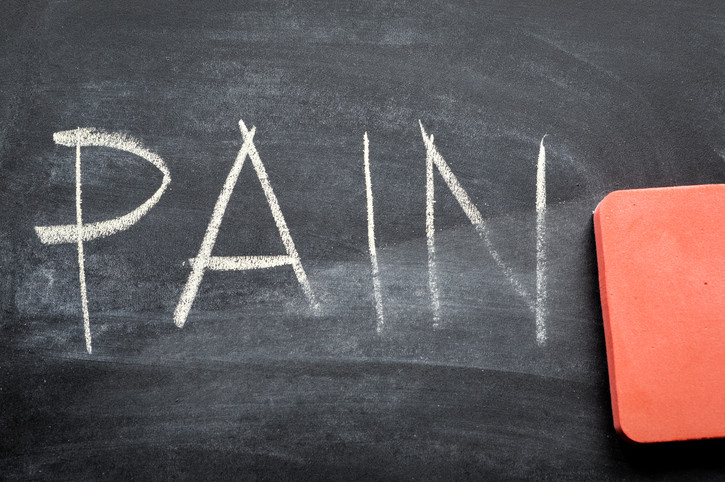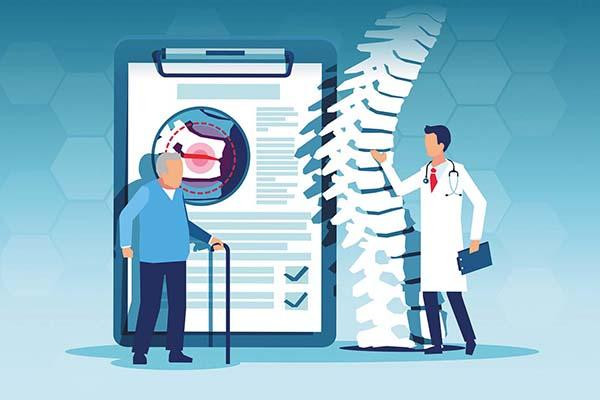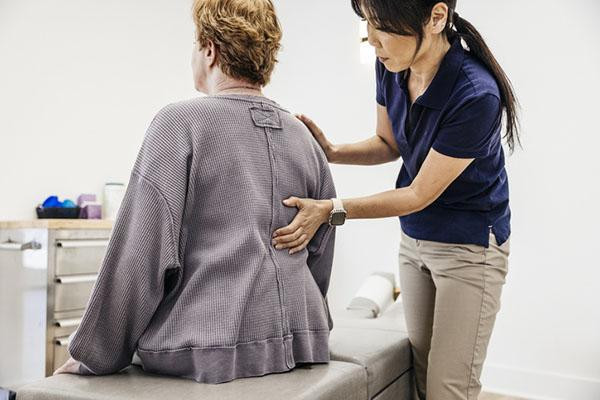
New thinking about plaque in arteries that feed the brain

Want to prevent shifting teeth? Maybe you need retainers

New evidence that polyphenol-rich foods help the heart

What you need to know about the new dietary guidelines

Food that’s healthier for people and planet can be cheaper, too

What are somatic workouts?

How to curb your stress eating

8 simple ways to reduce ultra-processed foods in your diet

How to spot Parkinson’s disease symptoms

Heart failure symptoms in women: How they’re different
Pain Archive
Articles
Stretching studios: Do you need what they offer?
One trend in the world of fitness is the stretching studio, providing assisted stretching sessions marketed as a way to improve flexibility and ease chronic pain. But those looking to boost their overall health are more likely to benefit from regular, moderate physical activity, and do their stretching at home.
5 ways to ease pain using the mind-body connection
Mind-body therapies can help you reframe awareness of pain, whether recent or chronic, and rethink your response to it. There are several different techniques, some of which involve guidance or working with a therapist; others require nothing but focus and a small amount of time.
When do I need an imaging test for my back pain?
An x-ray, CT scan, or MRI is usually not needed for addressing low back pain unless people have other symptoms or risk factors for a serious condition. Short-term rest, heat or cold, and over-the-counter medication can ease discomfort until the back pain goes away.
Don’t wait to get help for back pain
Low back pain is common. It often results from poor posture, bad ergonomics, unusual movement patterns, and age-related spinal changes. Ignoring pain can lead to muscle weakness and instability. Early care, including physical therapy, helps relieve pain and prevent future problems.
Correcting how you walk may ease osteoarthritis knee pain
For people with knee osteoarthritis, walking pattern (called gait) matters. Pain can lead to habits like shuffling or shortening steps, increasing joint stress. Gait training, along with strengthening, stretching, and balance, can help normalize walking, improve stability, and reduce knee strain.
Cannabis may offer modest relief for chronic pain
A review of 25 studies found that some cannabis products offer modest relief for chronic pain. Small benefits occurred with oral synthetic products higher in THC and plant-derived THC/CBD sprays. High THC levels were associated with side effects like sleepiness, dizziness, and nausea.

New thinking about plaque in arteries that feed the brain

Want to prevent shifting teeth? Maybe you need retainers

New evidence that polyphenol-rich foods help the heart

What you need to know about the new dietary guidelines

Food that’s healthier for people and planet can be cheaper, too

What are somatic workouts?

How to curb your stress eating

8 simple ways to reduce ultra-processed foods in your diet

How to spot Parkinson’s disease symptoms

Heart failure symptoms in women: How they’re different
Free Healthbeat Signup
Get the latest in health news delivered to your inbox!
Sign Up











